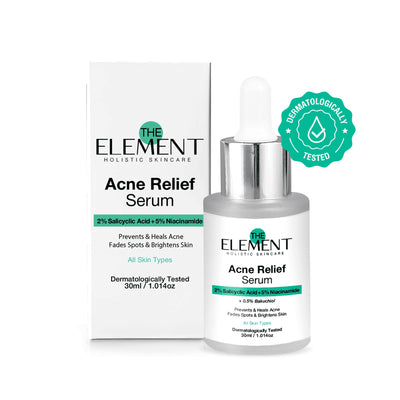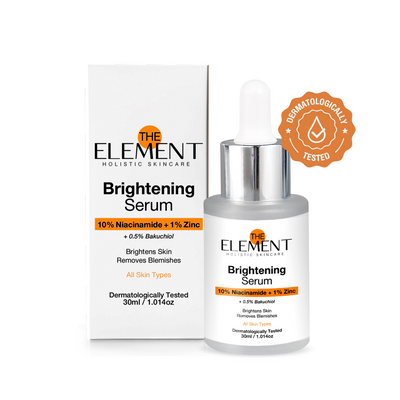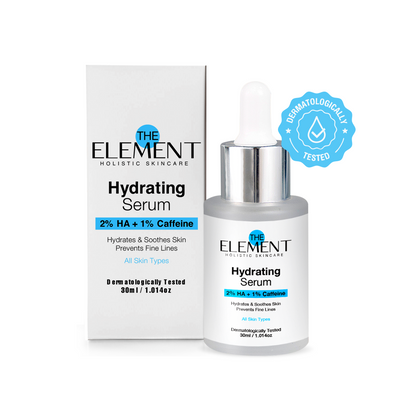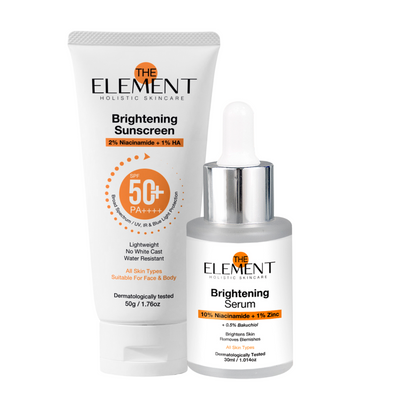Pimple on Nose: Causes, Symptoms, and Effective Treatments
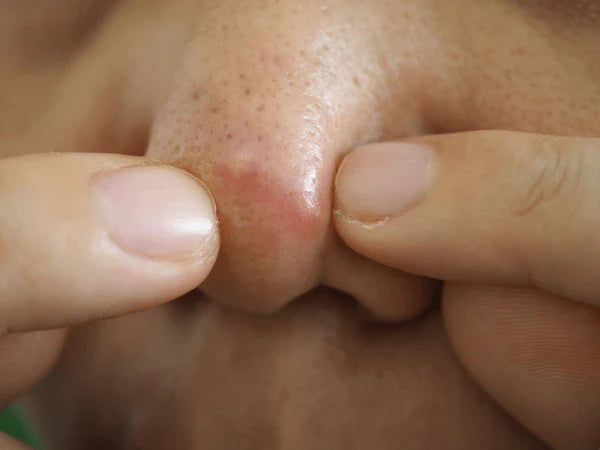
Introduction: Why Do Pimples Appear on the Nose?
A pimple on the nose can be frustrating and sometimes painful. Whether it’s a small bump on the tip of your nose or a larger, inflamed pimple, understanding its causes and treatments is essential. Many people search for terms like pimple on nose reason, pimple on nose tip meaning, and even pimple on nose means love, reflecting curiosity about its significance. In this article, we’ll explore the causes, symptoms, and treatments for pimples on the nose, along with expert advice and skincare tips.
What Does a Pimple on the Nose Mean?
Pimples on the nose can have various meanings depending on their location and underlying causes. Here’s a breakdown:
1. Pimple on Nose Tip Reason
A pimple on the tip of the nose is often caused by clogged pores due to excess oil, dirt, or dead skin cells. This area is rich in sebaceous glands, making it prone to breakouts.
2. Pimple on Nose Indicates
In traditional Chinese face mapping, a pimple on the nose may indicate internal health issues, such as:
- Heart Health: Linked to high blood pressure or stress.
- Digestive Issues: Poor diet or dehydration.
3. Pimple on Nose Means Love
A popular myth suggests that a pimple on the nose means someone is in love with you. While this is a fun interpretation, it has no scientific basis.
4. Pimple on Nose Tip Meaning
The tip of the nose is a sensitive area, and pimples here may result from irritation caused by touching your face frequently or wearing glasses.
Causes of Pimples on the Nose
Understanding the reasons behind pimples on the nose can help in prevention and treatment. Here are some common causes:
1. Excess Oil Production
The nose is part of the T-zone, which tends to be oilier than other areas of the face. Excess oil can clog pores, leading to pimples.
2. Hormonal Changes
Hormonal fluctuations during puberty, menstruation, or stress can trigger acne, including on the nose.
3. Poor Hygiene
Touching your face with dirty hands or not cleaning your skin properly can introduce bacteria, causing pimples.
4. Dietary Factors
Consuming high-sugar or high-fat foods can contribute to acne by increasing inflammation and oil production.
5. Allergic Reactions
Certain skincare products or environmental allergens can irritate the skin, leading to breakouts.
6. Underlying Health Issues
As mentioned earlier, pimples on the nose may indicate heart or digestive health concerns in some cases.
Symptoms of Pimples on the Nose
Pimples on the nose can vary in appearance and severity. Common symptoms include:
- Redness and swelling
- Pain or tenderness
- Whiteheads or blackheads
- Pus-filled bumps
- Itching or irritation
If a pimple becomes unusually large, painful, or persistent, it may be a sign of a more serious condition, such as cystic acne or an infection.
Treatments for Pimples on the Nose
Treating pimples on the nose involves addressing the underlying cause and adopting a consistent skincare routine. Here are some effective treatments:
1. Over-the-Counter Products
- Salicylic Acid: Helps unclog pores and reduce inflammation.
- Benzoyl Peroxide: Kills acne-causing bacteria and reduces redness.
- Retinoids: Promote cell turnover to prevent clogged pores.
2. Home Remedies
- Warm Compress: Reduces swelling and promotes healing.
- Tea Tree Oil: A natural antibacterial agent that can help reduce pimples.
- Aloe Vera Gel: Soothes inflammation and speeds up healing.
3. Prescription Medications
For severe or persistent acne, a dermatologist may recommend:
- Topical Antibiotics: To reduce bacteria and inflammation.
- Oral Medications: Such as isotretinoin or hormonal treatments.
4. Lifestyle Changes
- Maintain a balanced diet rich in fruits, vegetables, and water.
- Avoid touching your face frequently.
- Clean your phone and glasses regularly to prevent bacteria buildup.
Skincare Products and Ingredients: What to Use and What to Avoid
When dealing with pimples on the nose, choosing the right skincare products is crucial. Here’s a guide:
Ingredients to Use
- Niacinamide: Reduces redness and regulates oil production.
- Hyaluronic Acid: Keeps the skin hydrated without clogging pores.
- Zinc Oxide: Found in sunscreens, it protects the skin and reduces inflammation.
- Clay Masks: Absorb excess oil and unclog pores.
Ingredients to Avoid
- Alcohol-Based Products: Can dry out the skin and worsen irritation.
- Fragrances: May cause allergic reactions or sensitivity.
- Heavy Oils: Such as coconut oil, which can clog pores.
- Harsh Exfoliants: Can irritate the skin and exacerbate pimples.
Prevention Tips for Pimples on the Nose
Preventing pimples on the nose involves maintaining a healthy lifestyle and skincare routine. Here are some tips:
- Wash your face twice daily with a gentle cleanser.
- Avoid touching your face with dirty hands.
- Use non-comedogenic skincare and makeup products.
- Stay hydrated and eat a balanced diet.
- Manage stress through relaxation techniques or exercise.
Conclusion: Take Control of Your Skin Health
A pimple on the nose can be a minor inconvenience or a sign of an underlying issue. By understanding its causes, symptoms, and treatments, you can take proactive steps to prevent and manage breakouts. If you’re struggling with persistent acne, consult a dermatologist for personalized advice.
Call-to-Action: If you found this article helpful, share it with friends or leave a comment below. For more skincare tips and insights, explore our related content!
FAQ: Common Questions About Pimples on the Nose
1. What causes pimples on the nose?
Pimples on the nose are often caused by clogged pores, excess oil production, or hormonal changes.
2. Does a pimple on the nose mean love?
This is a popular myth with no scientific basis. Pimples are usually caused by skin or health factors.
3. How can I treat a pimple on the nose?
Use over-the-counter products like salicylic acid or benzoyl peroxide, and maintain a consistent skincare routine.
4. Can diet affect pimples on the nose?
Yes, a diet high in sugar or unhealthy fats can contribute to acne.
5. When should I see a dermatologist for pimples on the nose?
If pimples are persistent, painful, or worsening, consult a dermatologist for professional treatment.

